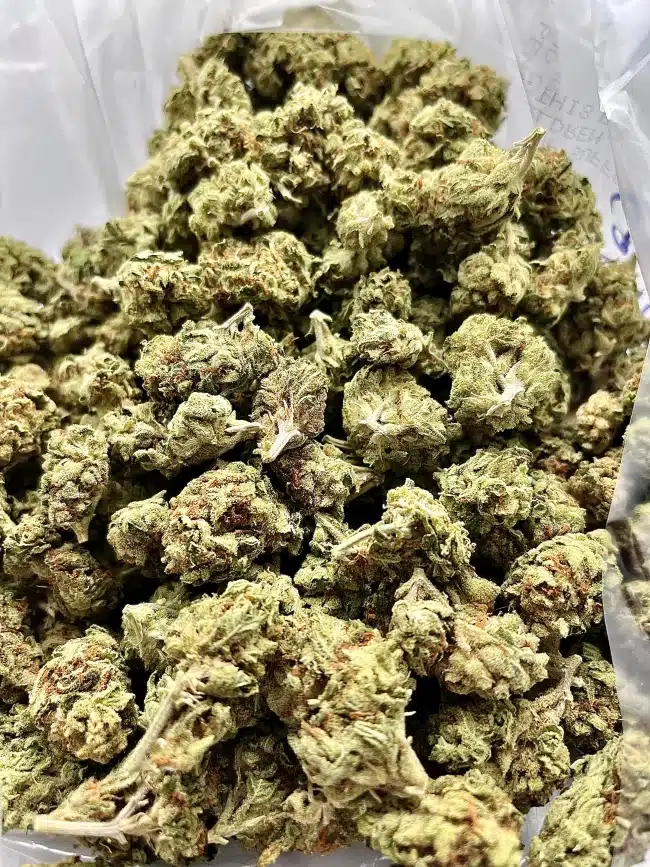The legal landscape surrounding THC cartridges is constantly evolving, and understanding the regulations in your area is essential for ensuring compliance and avoiding legal pitfalls. THC, the psychoactive component in cannabis, is found in varying concentrations in products such as edibles, oils, and cartridges used in vaping devices. While cannabis legalization has gained traction across various states and countries, the specific rules governing THC cartridges often vary significantly by jurisdiction, making it crucial for consumers and businesses to stay informed about the latest developments. In the United States, the legality of THC cartridges largely depends on the state in which you reside. Cannabis, including THC, remains classified as a Schedule It substance at the federal level under the Controlled Substances Act, meaning it is illegal in the eyes of the federal government. However, states have been given the latitude to legalize or decriminalize cannabis for medical or recreational use. As of 2024, over 20 states have legalized recreational cannabis use, while even more allow its use for medical purposes. Each of these states has its own set of regulations regarding the sale, possession, and consumption of THC products, including cartridges.
 For example, states like California, Colorado, and Oregon have robust legal frameworks governing the production and sale of THC cartridges. In these states, dispensaries are licensed to sell THC products to consumers over the age of 21, and the products must meet strict quality and safety standards. THC cartridges are typically tested for potency, pesticides, and other contaminants to ensure they are safe for consumption. On the other hand, in states where only medical marijuana is legal, THC cartridges may only be available to patients who possess a valid medical cannabis card. The regulations in these states are often stricter, with limitations on the amount of THC that can be purchased or possessed. In contrast, several states still prohibit the use of THC products altogether. In places like Idaho and Nebraska, all forms of cannabis, including most potent thc cart, are illegal for both medical and recreational use.
For example, states like California, Colorado, and Oregon have robust legal frameworks governing the production and sale of THC cartridges. In these states, dispensaries are licensed to sell THC products to consumers over the age of 21, and the products must meet strict quality and safety standards. THC cartridges are typically tested for potency, pesticides, and other contaminants to ensure they are safe for consumption. On the other hand, in states where only medical marijuana is legal, THC cartridges may only be available to patients who possess a valid medical cannabis card. The regulations in these states are often stricter, with limitations on the amount of THC that can be purchased or possessed. In contrast, several states still prohibit the use of THC products altogether. In places like Idaho and Nebraska, all forms of cannabis, including most potent thc cart, are illegal for both medical and recreational use.
Possession of even small amounts of THC can result in criminal charges, fines, or imprisonment. In these regions, the legal risks associated with purchasing or using THC cartridges are significant, and consumers should exercise extreme caution. Another important factor in the legal landscape of THC cartridges is the distinction between THC derived from marijuana and THC derived from hemp. The 2018 Farm Bill federally legalized hemp and its derivatives, provided that they contain less than 0.3% THC by dry weight. This has led to the rise of products containing Delta-8 THC, a compound found in hemp that is chemically similar to Delta-9 THC the more potent psychoactive component found in marijuana. However, the legality of Delta-8 THC is also a gray area, with some states moving to restrict or ban its sale. As the legal landscape continues to shift, staying informed about your states or country’s cannabis laws is essential for navigating the complexities of THC cartridges. Checking local laws and regulations, following any changes in legislation, and purchasing from licensed and reputable vendors are key steps in ensuring that your use of THC cartridges is both safe and legal.